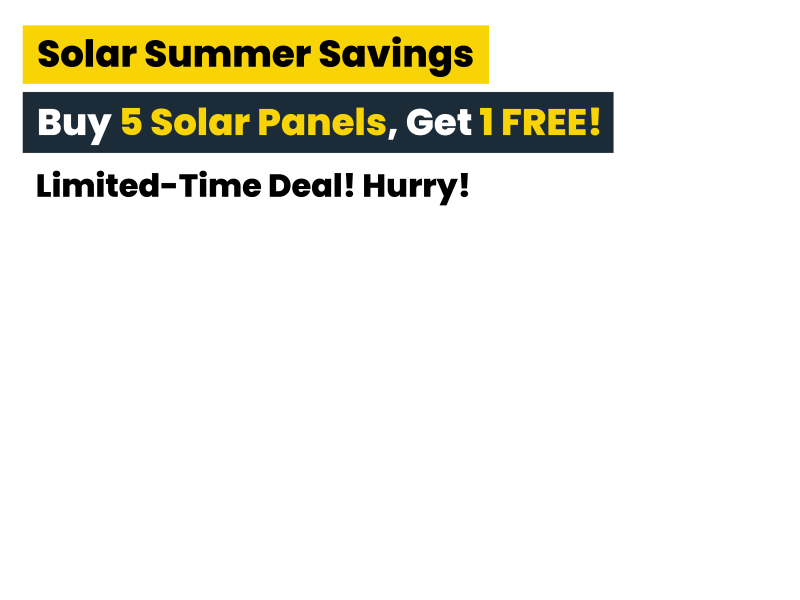Understanding the difference between active and passive solar systems can be tedious at times. We’ve identified their main differences and the functionality of both the systems and overall performance.
Both are capable of converting the sun’s energy to electricity, but the setup and performance happen to be a little different, although they perform the same function. We’ve listed some of the positives and negatives of both of the solar systems.
Active Solar Systems:
Active solar systems use hot water pumps or fans to pump fluids. One of the main benefits of using them is that they can be used to increase the effectiveness of your solar system. Active solar panels rely on external energy sources only. We’ve listed some of the features of the active solar systems for you to have a look at:
Positives of Active Solar Systems
- The main construction material includes flat-plate PV panels. This kind of panel uses advanced designs which are formed by connecting all the panels with each other.
- The common practice is to use liquid or air in solar collectors as a conductor. Mainly, the solar collectors are used to store and conduct energy.
- The conductors that use liquid are normally known as hydronic collectors. The ones that use air are called air collectors.
- Liquid conductors are more commonly used as compared to air based conductors. Though air based conductors only have one drawback i.e they don’t freeze.
Negatives of Active Solar Systems
Like any other product, active solar systems also have some drawbacks. Let’s have a look at each one of them:
- The required equipment is expensive.
- Equipment maintenance can also be heavy on your pockets.
- Fluids that store heat in the solar panel have the potential to release toxins in the air.
Passive Solar Systems
Passive solar panels depend heavily on the design, construction, and building of your home. Passive energy systems use the sun’s energy for heating and cooling purposes. Passive solar systems operate without reliance on external devices. They use passive collectors to convert rays into the sunlight. The passive collectors are based on laws of thermodynamics which transfer heat from warmer to cooler surfaces. The overall success of a passive solar system depends on their overall orientation and the thermal mass of its walls. It’s an interesting idea to invest in passive solar systems if you’re looking to fuel a small business or setup. Passive solar systems are independent of all the external devices.
Solar panels capture sunbeams through glass windows that absorb and retain heat. Passive solar systems include these features:
Positives of Passive Solar Systems:
- No external equipment is required, so automatically the entire setup is cheap.
- Eventually, all your energy expenditure costs are down by 14%
- It doesn’t cause allergies or dry out your mucous membranes, so it's good for your health too.
Negatives of Passive Solar Systems:
- The efficiency directly depends on the weather. Particularly if you’re living in a hot area, your buildings have a potential to overheat.
- Its efficiency is directly dependent on the weather. If you’re living in a particularly hot area, there are chances that your building would overheat.
- You would have to choose the right kind of windows for maximum success.
PV Systems
PV systems are like other electromechanical systems. The material used may be different than that used for electromechanical systems but the systems of operation and interference remain the same.
The PV arrays are used to produce power when exposed to sunlight. Other specific components include the DC-AC power inverter, battery bank, system, battery controller and the specified electrical load.
Which solar system to choose?
Make sure you weigh all the pros and cons before taking the final step. Make sure you make your final decision on the basis of the amount of sunlight that you receive.
We’ve outlined all the positives and negatives of both kinds of solar panels, it's time for you to choose the right kind and make sure your decision is calculated and well researched.



